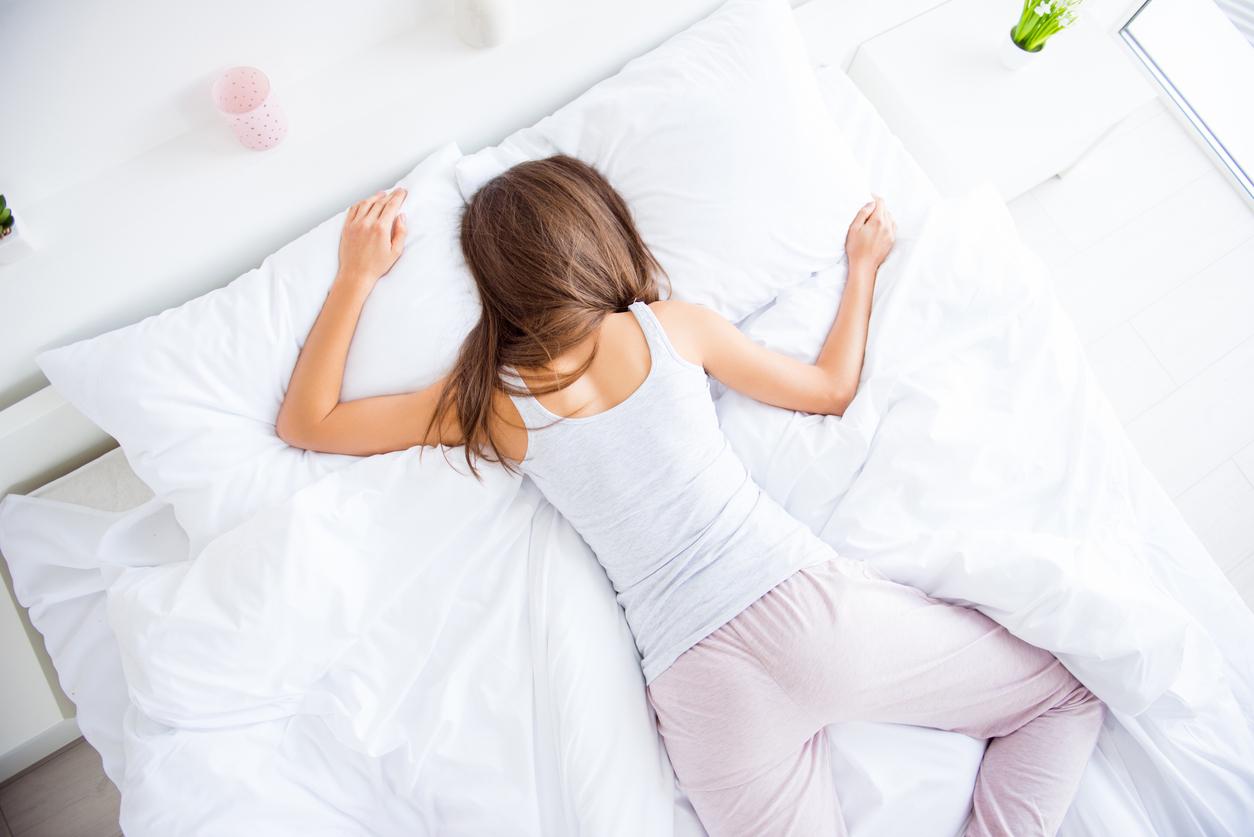
December 9, 2004 – From 70% to 80% of people who consult a psychologist to treat their insomnia return to restful sleep, according to a study conducted by a Quebec researcher1. Even more, psychotherapy would make it possible to give up sleeping pills for most insomniacs.
Professor at the School of Psychology at Laval University and President of the Canadian Sleep Society, Charles Morin found that behavioral therapy could help, in a lasting way, most people with sleep disorders.
In a clinical trial, 76 subjects struggling with insomnia for twenty years followed a behavioral therapy program for ten weeks. The insomnia they suffered was not caused by physical or mental illness. Result: 70% to 80% of them improved the duration and quality of their sleep, while managing to stop taking sleeping pills. “More concretely, the vast majority of participants cut in half the time they took to fall asleep before the program, as well as the number and duration of nocturnal awakenings,” explains Charles Morin.
Behavioral therapy is a short-term form of psychotherapy. In the case of insomnia, this therapy is geared towards symptom maintenance factors and seeks to modify certain sleep behaviors and habits – such as when to wake up and go to bed – as well as stressors and attitudes. that people maintain.
A problem to recognize
It is estimated that a person who suffers from insomnia takes about ten years to decide to seek treatment. Why? “On the one hand, we must recognize that we have lost control over an important element of our life,” said Charles Morin. “On the other hand, people often think that the only way out is medication and they would rather endure than take hypnotics. Others will consider it not to be a serious problem. Finally, we don’t give a lot of sympathy to people who complain about insomnia ”.
According to several epidemiological studies, insomnia affects about 10% of the Canadian population. It is characterized by difficulty falling asleep or staying asleep, several nights a week for several weeks. Insomnia is more common in women than in men, who are more likely to suffer from sleep apnea.
Sleep disturbances can lead to chronic fatigue, irritability, and even depression.
|
Some tips for better sleep
|
Martin LaSalle – PasseportSanté.net
According to Contact.
1. Morin CM, Cognitive-behavioral approaches to the treatment of insomnia, The Journal of Clinical Psychiatry, 2004, Vol. 65, No 16, 33-40.
Source: Morin CM, Defeat the enemies of sleep, Éditions de l’homme, 1997, 272 p.

















